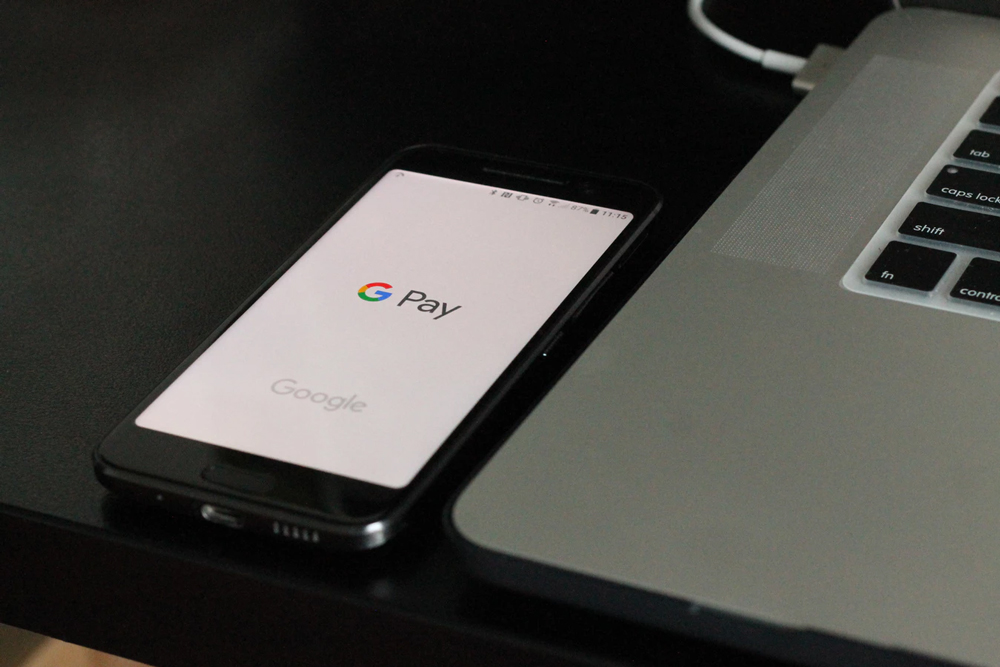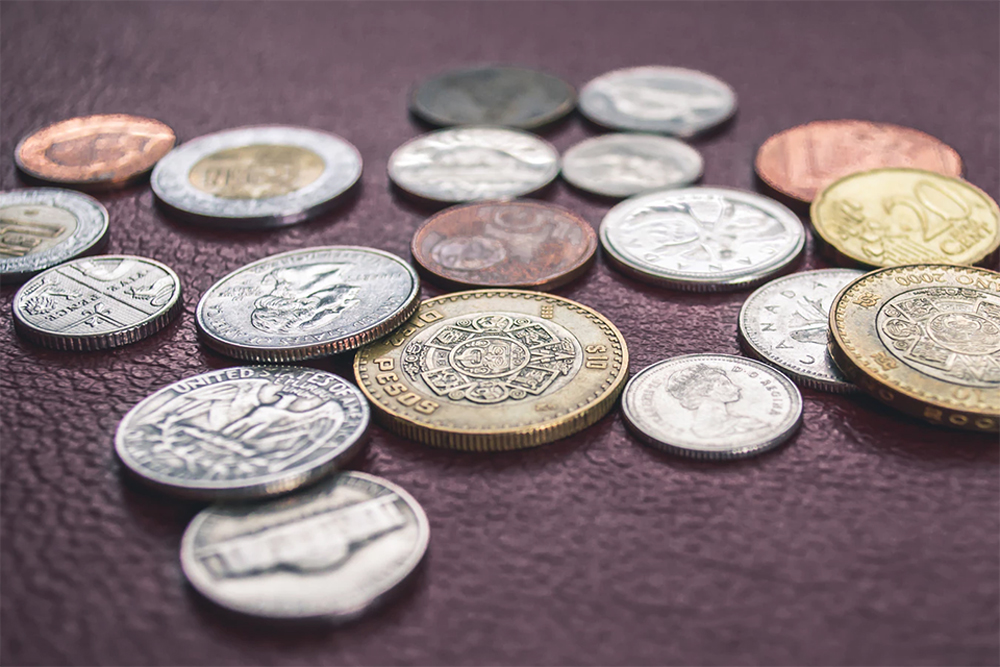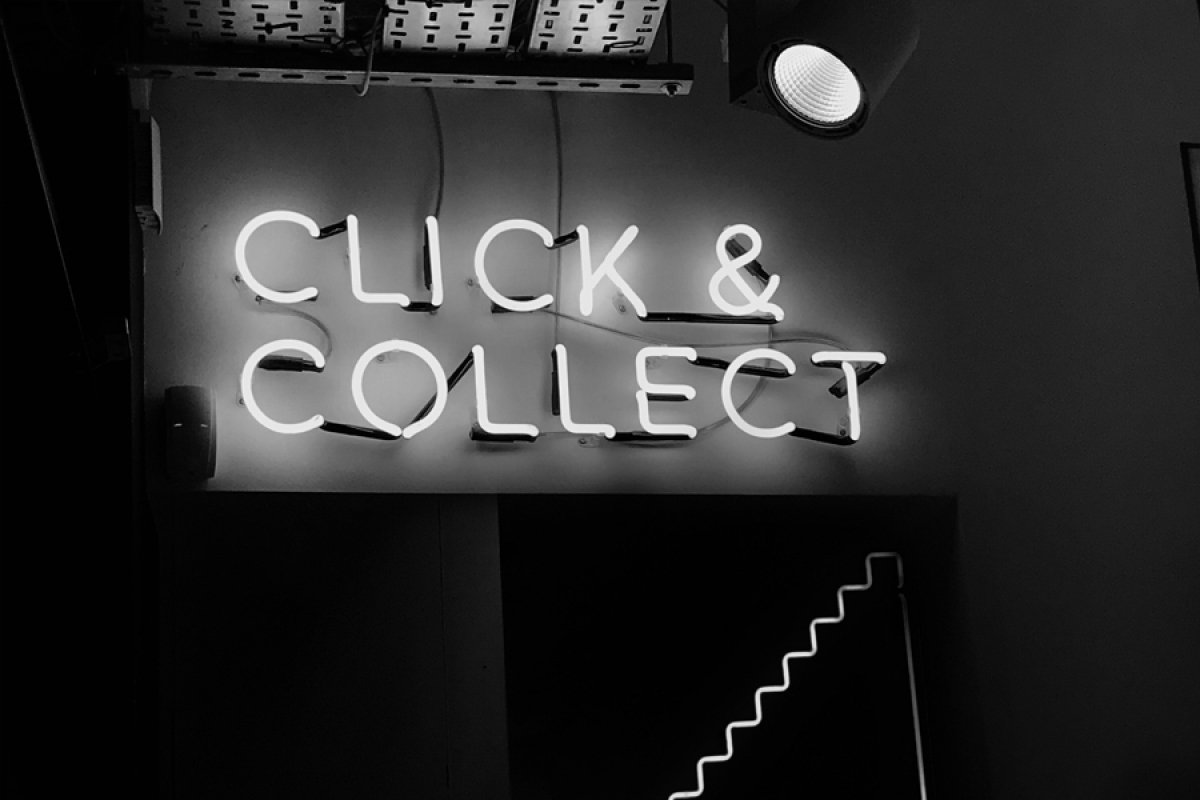Once you start digging into online marketing, you will have to make a decision whether you are going to focus on organic (or free reach) or paid audience reach. The main factor for determining which one you’ll choose is your budget, but your time and experience can have a big impact, too. If your budget is very limited, organic audience reach can be a good choice. The success of this type of campaign depends on the content you share - how unique and relevant it is for the audience you are targeting.

On the other hand, if your budget allows that and you are ready to dig deeper into the possibilities of advertising, then PPC advertising is something you should get familiar with. In other words, PPC campaigns are the ones that reach a target audience for a set amount of money. The question here is: Why should you consider pay per click advertising if you can skip investing and work on building an organic community? In order to get to know the benefits of PPC marketing, you need to understand that your business is only a small fish - there’s plenty more fish in the waters of marketing. This means that the “notice my business” race can be very challenging at the beginning if you focus on organic reach only.
HOW DOES PAY PER CLICK WORK? AND WHY EVERYBODY IS TALKING ABOUT ROI?
Let’s say you are ready to start with PPC advertising. After deciding on the amount of money you are willing to invest in advertising on the Internet, the next step is setting a clear goal you want to achieve. In PPC marketing, goals are called conversions, and they can be anything from visiting a website, downloading a file, watching a video to filling out a form or contacting a business. Your goal can be defined as one macro goal or can be a set of several micro goals which add to the main one.
Why do conversions matter? Conversions are measures you will want to know about in order to calculate how much of your investment you earned from your campaigns (ROI - Return on Investment). The formula for ROI is very simple: ROI = Revenue - Costs / Costs x 100, in which revenue represents value measured with conversions, whereas costs are the amount of money you invested. Once you know your ROI, you can determine how successful your PPC campaign was.

MASTERING GOOGLE ADWORDS
The moment you set your goals and your budget, you are ready to take the next step - choosing between search engine marketing (SEM) and social media marketing (SMM). SEM represents PPC advertising via search engines (e.g. Google), whereas SMM uses social media (e.g. Facebook, Instagram, Twitter etc). This is the main difference between these two.

WHAT ARE KEYWORDS AND WHY DO THEY MATTER FOR PPC MARKETING?
Keywords are exactly what their name says - key words somebody uses when searching for the topic they are interested in. They are mainly used in search engine marketing and are the core of what we call PPC marketing. What keywords you will use depends on your topic and your choice for what you want to be found.
I guess we’ll need an example here: if you are a photographer specialized in wedding photography and you are looking for clients in Austin, you could target the following keywords: wedding photography, wedding photography in Austin, Austin wedding photography etc. A nifty tool you should use to plan your keywords and keyword strategy is Google keyword planner. Not only can you see how popular your keyword is at the moment, but you can also get insights into historical search trends. With this knowledge base, you can predict how popular it will be in the future and if that keyword is worth investing in.

PPC marketing tips:
1. Organic results are often considered when searching for answers to personal questions and the decision making pace, whereas sponsored results are often considered when searching for products like electronics and clothes. Depending on your search query, you can decide whether your business is more or less suitable for AdWords advertising. It is also essential to have a clear idea of your target country (you can target by country, region or by city), and you are ready to go.
2. The most expensive keyword is insurance. Besides insurance, words such as loan, mortgage, attorney, credit, lawyer, donate, degree, hosting and claim can be found in the top 10 most expensive keywords. If your keywords target any of the above mentioned words, you may want to rethink Google advertising and ROI.

LAUNCH AD CAMPAIGN AND AD GROUPS
So now you’ve got a clear idea of the keywords you want to target and the budget you are ready to spend? Wow, then it’s already high time to start creating your first AdWords campaign. We can think of it as one big box into which you put your keywords. This means that you are defining the budget and audience for your box and that you will include all of the keywords there.
However, your box can become overcrowded and disorganized pretty soon. To avoid this, by all means, you should create a structured organization of your keywords by their similarity, and that is exactly what Ad Groups are for. An ad group combines similar keywords in one group and gives them a specific ad you want to be displayed.

Let’s go back to our first example. You want to create a campaign called ‘Photography’ which will target people in Texas. You want to focus on the wedding photography and birthday photography services you are offering. You have already done extensive research on popular keywords. Your campaign could look like this:
PHOTOGRAPHY
- Wedding photography
- Wedding photography Austin
- Wedding photography
- Austin wedding photography
- Wedding photographer Austin
- Wedding photography
- Wedding photography Austin
- Wedding photography
- Austin wedding photography
- Wedding photographer Austin
WRITING WINNING PPC ADS
The two main things of search engine marketing are the keywords you are targeting and the ads you are going to display. We can say that ads are triggers for a visitor to come to a destination of your choice. Google defined some rules for creating display ads by limiting the number of characters you can use, words you cannot use, capitalization, etc. Each display ad consists of:
1. HEADLINE 1 - 30 CHARACTERS
2. HEADLINE 2 - 30 CHARACTERS
3. DESCRIPTION - 35 CHARACTERS
4. DISPLAY URL
In our example, one of the ads for a wedding adgroup could be:

PPC marketing tip: Do not send your visitors to your homepage, but instead create specific landing pages for each product or service you are advertising. It requires some additional preparation, but it will boost the quality score, and at the same time, increase your ad ranking.

BUDGETING AND BIDDING
Finally, once your ad is ready, you can get into the auction race. In both traditional and digital marketing, it is very important to understand what you will be paying for in order to understand your campaign costs. When it comes to search engine marketing, what counts as cost is click on an ad. This means that your ad can be shown 1000 times, but if it is clicked on only twice, you will pay for those two clicks.
The next thing you have to understand is how per click cost is calculated. Google advertising works as an auction. Google AdWords offers bids for keywords, just like a real auction has bids for specific items. The higher the bid is, the higher your ad position will be. Well, at least in theory. In real life, both the landing page and the ad need to be relevant in order to score the highest click-through rate. Once those three conditions are met you will be rewarded by Google. The success of search engine campaigns depends on lots of testing actions and experimenting in order to follow search trends and your target audience.

CHOOSING THE RIGHT OBJECTIVE FOR A BUSINESS
Whether your campaign is paid or free, everything starts with setting up a goal. If you are targeting your audience on Facebook, you will come across a term “objectives”, which represents goals.

Besides PPC marketing, consider launching organic SEO campaign. If you have set a clear goal you want to achieve, it will be easier for you to determine which objective you want to focus on. PPC gives you access to so much data so use that to influence your marketing decisions. All’s set! It’s high time to launch your PPC campaign and make your business flourish. Just know this if you begin working on a PPC campaign, as it needs close attention to ensure your money is being used effectively.

